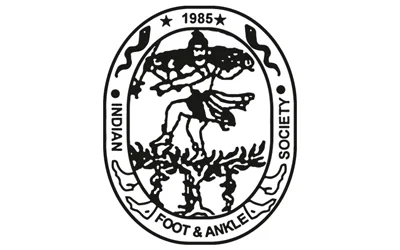M.S. (Ortho), DNB (Ortho), FRCS (Glasgow) FRCS (Edinburgh)
FRCS (Orthopaedics) (London), M.Ch. (Orthopaedics) Liverpool
Spine & Deformity Fellowship, (Birmingham) U.K., Spine Fellowship Munster (Germany)
Spine Fellowship (USA)
Senior Consultant & Chairman Department of Ortho Spine Surgery
Professor Dept. of Orthopaedic & Spine Surgery









